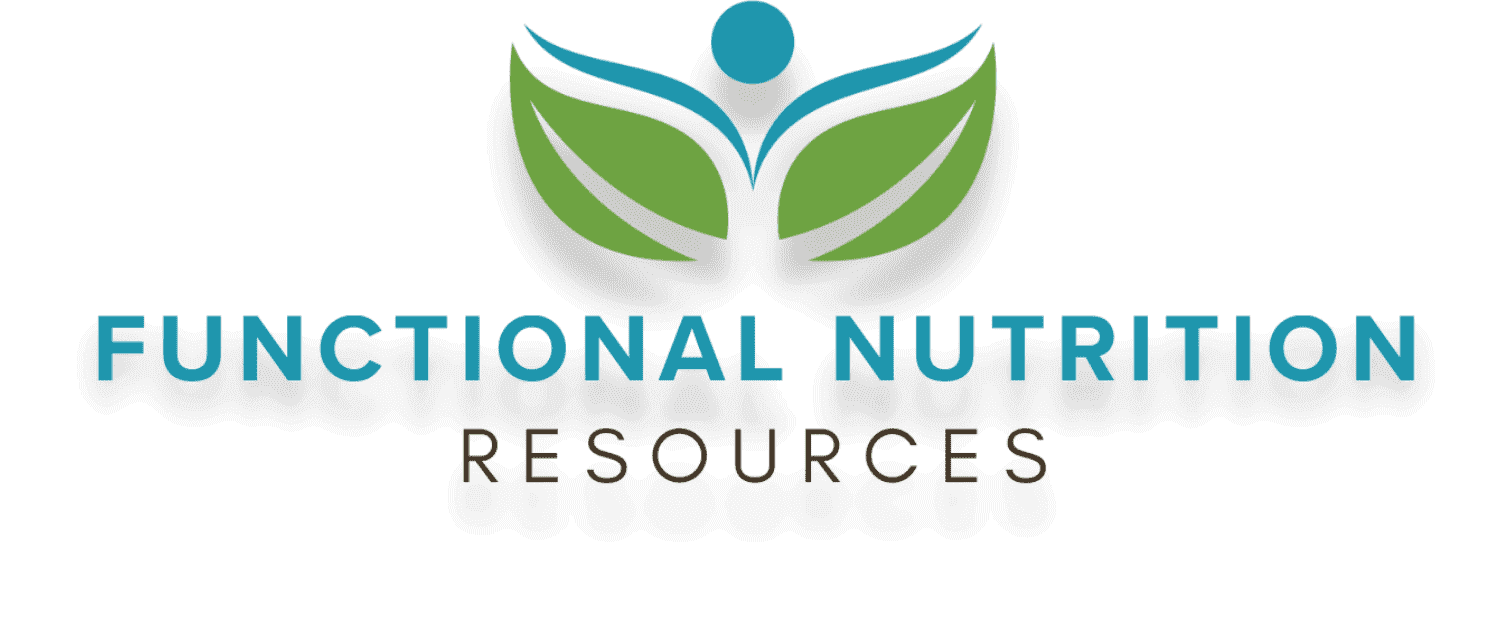Living with an unhealthy gut can be an unpleasant experience. You feel bloated and gassy, and food sounds unappetizing. Let’s not forget the time you spend in the bathroom. Looking beyond the obvious symptoms of digestive problems, doctors know that the gut also affects core bodily functions such as digestion, immunity, and even mental health. Clearly, gut health is a key priority.
If you’re suffering from poor gut health, you’ve likely tried a few home remedies.
But those remedies don’t always improve your symptoms, and if this describes you, then you might be making a few common mistakes when it comes to managing gut health without functional medicine. With the growing interest in self-treatment options, it’s crucial to be aware of potential pitfalls that can hinder gut health improvement. In this article, we explore common mistakes people make when self-treating poor gut health and introduce functional medicine, the alternative approach.
1. Overreliance on Antacids
Many people take antacids thinking they are a quick fix to indigestion. Pop in a TUMS, and your stomach will settle in no time, right? Not so fast.
While these medications provide temporary relief from acid reflux or heartburn, they may disrupt the delicate balance of stomach acid and hinder proper digestion. Prolonged antacid use can lead to nutrient deficiencies and bacterial overgrowth. It’s important to use antacids as little as possible and address the underlying causes of poor gut health, as functional medicine does, rather than relying solely on symptom management.
2. Excessive Focus on Acidity
Maybe you’ve heard that all gut issues stem from excessive stomach acid. However, low stomach acid can also disrupt digestion and contribute to poor gut health. It’s easy to tip the scale the other way and end up right back where you started. Instead, maintaining the right balance of stomach acid is key, rather than solely focusing on acidity levels. Consulting a functional medicine practitioner at Functional Nutrition Resources can help determine the appropriate treatment approach.
3. Ignoring Gut-Unfriendly Foods
Certain foods can wreak havoc on gut health. Processed foods, refined sugars, artificial additives, and excessive intake of alcohol and caffeine can disrupt the gut microbiome and lead to inflammation. Unfortunately, some individuals overlook the impact of their diet on gut health. Without functional medicine, we get caught up in finding the cure or adding good foods to our diet, and we forget to remove the foods that are holding back our gut health.
That said, adopting a gut-friendly diet rich in whole foods, fiber, fermented foods, and probiotics will promote a healthy gut environment.
4. Falling for Fad Stomach Cleanses
In pursuit of a quick fix, many people turn to fad stomach cleanses or detox programs. While these approaches may promise rapid results, they often lack scientific evidence and can disrupt the delicate balance of the gut. Instead, a holistic approach that focuses on nourishing the gut, supporting detoxification pathways, and promoting gut microbial diversity is more effective and sustainable.
5. Neglecting the Impact of Stress
Stress and gut health are closely intertwined. Chronic stress can disrupt the gut-brain axis, leading to digestive issues and inflammation, but we don’t always think to manage our stress for gut health self-treatment. Even if you do recognize the impact stress can have on digestive problems, you might not know the best way to lower those stress levels. Implementing stress reduction techniques such as meditation, exercise, adequate sleep, and support through functional medicine can profoundly impact gut health.
An Alternative Approach: Functional Medicine for Gut Health
There are many ways a self-directed gut health program can go awry. First, we might accidentally adopt habits or try solutions that sabotage our ultimate goals. Second, these individual actions, while helpful, don’t go far enough. In many cases, we need comprehensive, personalized wellness plans to fully heal the gut.
Functional medicine takes gut health care to the next level – the level you need.
At Functional Nutrition Resources, we offer comprehensive and personalized programs that target gut health via functional medicine. We focus on identifying the root causes of gut issues rather than solely addressing symptoms. In fact, our functional medicine practitioners consider factors such as diet, lifestyle, stress levels, gut microbiome balance, food sensitivities, and underlying conditions to create a plan that works for you.
Yes, we do mean a plan that works for you. After a thorough evaluation, we will have enough information to recommend targeted interventions, including dietary modifications, gut-healing protocols, supplementation, stress management techniques, and personalized lifestyle changes.
By addressing the underlying imbalances and supporting the body’s natural healing mechanisms, functional medicine provides a holistic and effective approach to restoring and optimizing gut health.
So, when it comes to self-treating poor gut health, it’s crucial to avoid common mistakes such as excessive antacid use, excessive focus on acidity, gut-unfriendly foods, fad stomach cleanses, and neglect of stress as a contributing factor. Instead, we encourage you to consider functional medicine in Tulsa, which takes a comprehensive and personalized approach, addressing root causes and supporting long-term gut healing and overall well-being.

